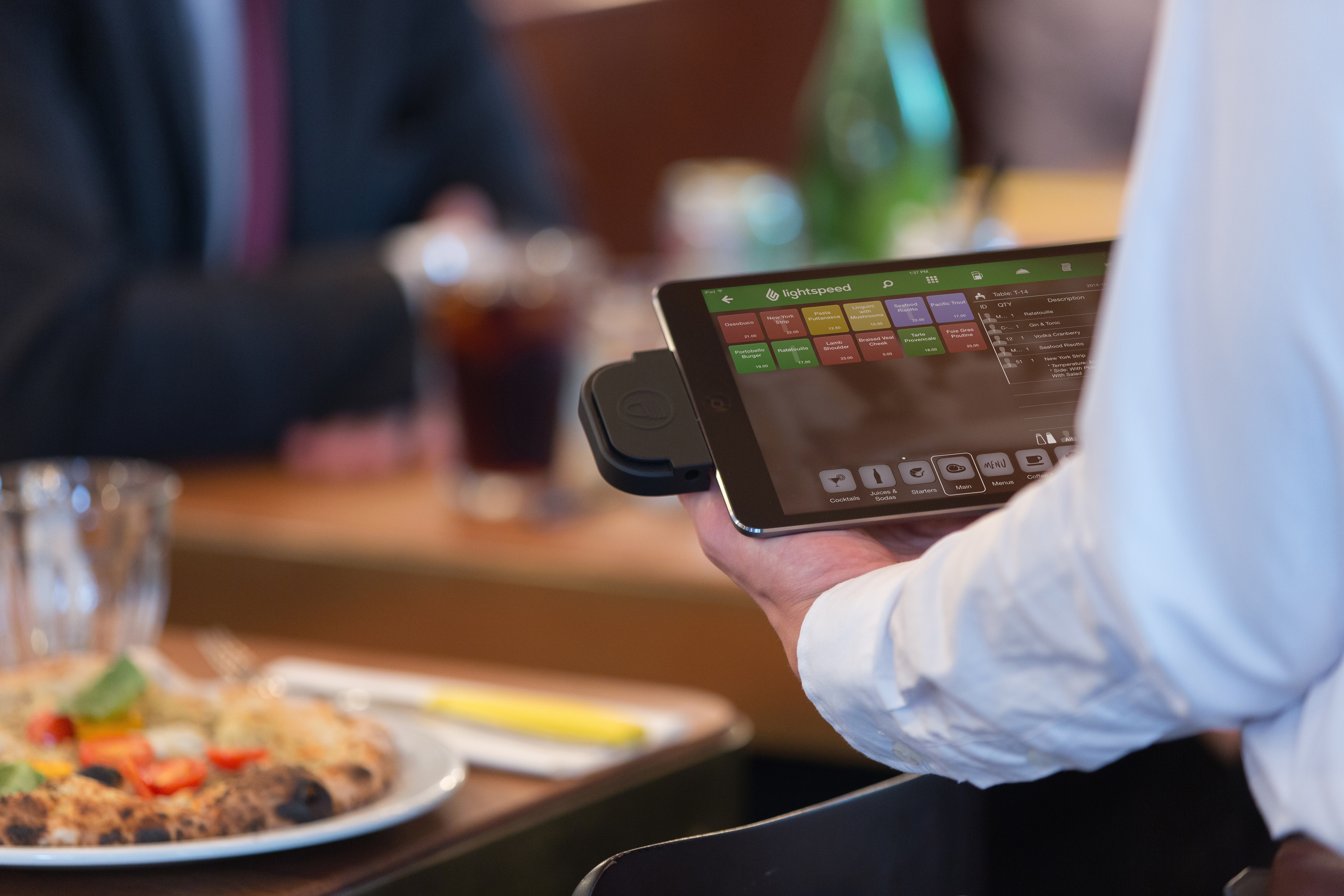In 2005, Dax Dasilva saw an opportunity to develop point-of-sale software that would give small retailers a chance to compete with the big chains. He had been fascinated with programming since his dad gave him his first Mac at the age of twelve, and with the launch of the iTunes playlist, he realized that he could create something with an iTunes interface that would be simple enough for anyone to use.
That was the beginning of Lightspeed, which has grown to become one of Montreal’s biggest startup success stories. Having recently celebrated its 12th birthday, the company now processes 15 billion transactions annually for over 40,000 companies across the globe, and has more than 600 employees in offices in seven countries.
Having only sought outside funding seven years into their lifespan, Lightspeed has defined itself on its own terms, and Dasilva often says that they’ve built their company as much around culture as they have around code.

“We really solidified our identity and our DNA in those seven years,” said Dasilva, a Vancouver native who moved to Montreal after studying art history and religious studies at UBC. “We are a very connected, unified family of 600 people, but at the same time, we have a strong enough culture that multiple cultures exist within Lightspeed.”
“We’re an international company. Montreal and Quebec are the perfect place to blend diversity and creativity in one city.”
– Dax Dasilva, Lightspeed CEO
Dasilva says that from day one, Lightspeed’s mission has been to help to bring city streets to life. With the emergence of massive chain stores in the ‘90s and the disappearance of the independent retailers that “bring so much colour and texture to our streets,” Dasilva started building a product that would give independents an edge on the big guys. Fast forward a decade, and his company is now reaping the benefits of keeping on top of market trends, which he sees as favouring the independents who can be more agile and creative with their business models.
“When you look at some of the really big retail chains and department stores, they are really struggling to adapt to the new omnichannel world where shoppers buy in-store and online in a blended way,” said Dasilva. Lightspeed’s system enables independent retailers to create a blended online/offline experience using one system for sales, inventory, and customers.
“When the larger, more traditional retailers try to attempt that, there’s often 20 different systems that have their data siloed in different places, so it’s really hard to pull off a seamless customer experience.”
Dasilva attributes much of Lightspeed’s success to listening to customers and paying attention to their challenges as the retail landscape has evolved since Lightspeed’s launch. Having witnessed the struggles of retailers with multiple stores, or those who were trying to blend online and offline retail, the company identified the cloud as the solution.

“We’ve had to adapt to the different challenges retailers have had as the markets change and as shopping has changed,” he said. “If we hadn’t reacted to what we were seeing in the market, we probably would have been left behind.”
Having acquired three companies and $160 million CAD ($126 million USD) in investments since 2012, the company is continuing to expand internationally. They recently opened an office in Australia, and now support businesses in 100 countries. They also branched out from retail to restaurant POS in 2014, as they saw the same need for simple, agile systems in stores, bars, restaurants, and nightclubs. The company recently announced major clients for its restaurant POS platform, including New York City-based La Marina and Santa Monica-based Nobu Ryokan.
When asked if they would consider moving their headquarters to the US, Dasilva gives a decisive no. “We’re such an international company: there are so many languages and so many cultures throughout the company. Montreal and Quebec are really the perfect place to blend so much diversity and creativity in one city.”
Dasilva also believes that it’s a special time for the Canadian tech ecosystem, especially in Montreal.
“We’re at a stage where companies are now starting to reach scale. You’re seeing lots of exciting companies that don’t need to move to the Valley in order to be market leaders. You’re seeing great ecosystems, great investors, great companies, great exits, and great IPOs. It’s a very vibrant place to be.”


